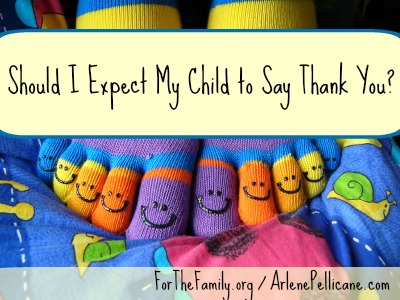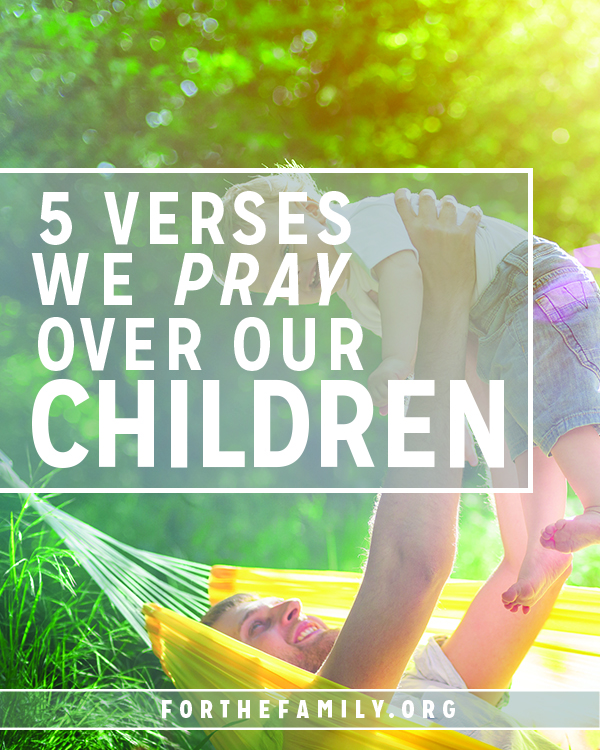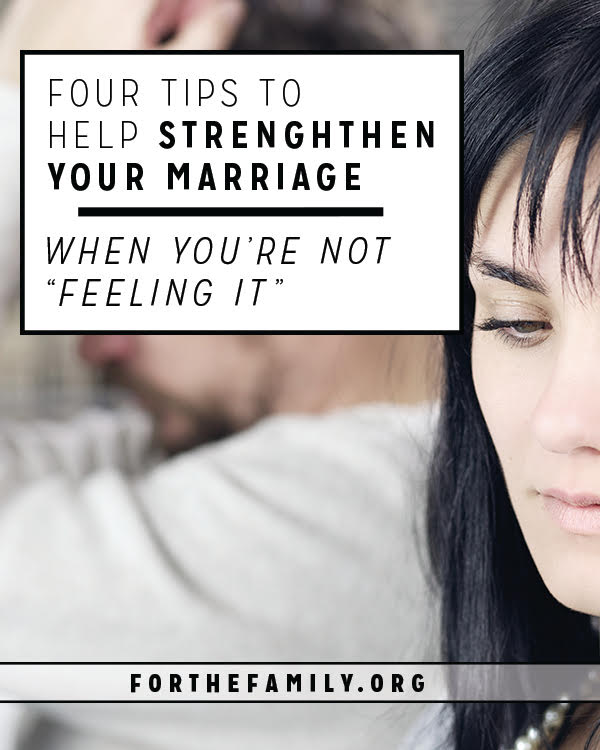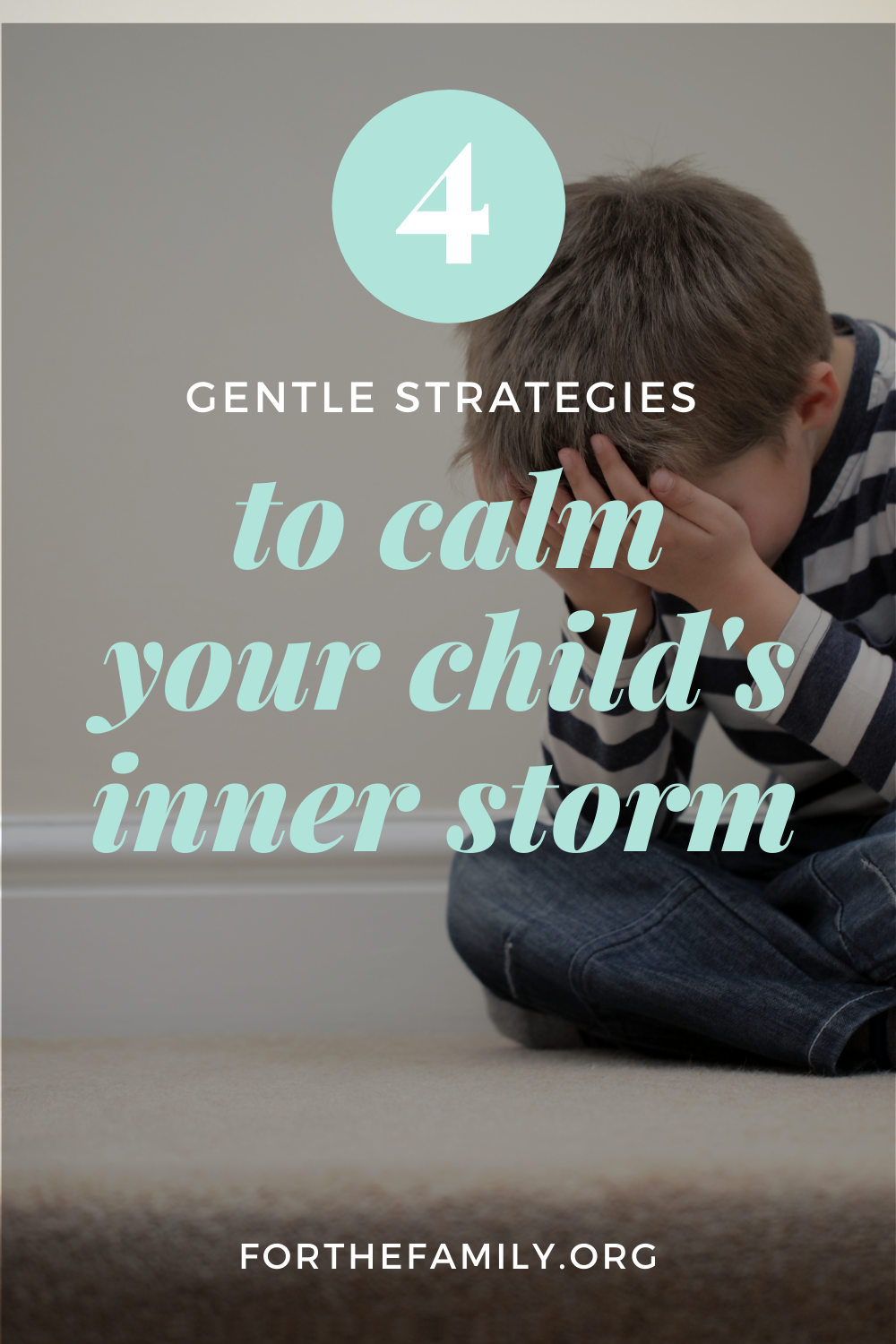Should I Expect My Child to Say Thank You?
 It had been a great day at Sea World with my six-year-old Lucy to celebrate her birthday. We had a special day together – just the two of us. I bought her a tiny Shamu stuffed animal and a lemonade – splurges we usually avoid at amusement parks.
It had been a great day at Sea World with my six-year-old Lucy to celebrate her birthday. We had a special day together – just the two of us. I bought her a tiny Shamu stuffed animal and a lemonade – splurges we usually avoid at amusement parks.
Yet there was a problem.
I had been waiting throughout the day to hear two magic words, but they were never uttered. Not at the cash register when I paid for Shamu. Not at the drink stand. Not at the ticket booth. Finally during the car ride home, I said, “Lucy, there are two words which would be appropriate to say at Sea World.”
She smiled. She knew. “Thank you,” she said sheepishly.
Although our young kids may need to be coached to say thank you, they are fully capable. I had been waiting to correct her because I wanted to give her a chance to remember to express gratitude on her own. Sometimes we parents can be too quick to interject, “Say thank you!” to our children two seconds after they’ve receive something.
Give them time and space to express gratitude on their own. But if they remain silent (as Lucy did), it’s time for a teaching moment.
Maybe you’ve observed your toddler rant and rave, and you wonder how there can be a thankful heart inside that two foot tyrant. Are young children capable of showing gratitude and if so, at what age?
There’s not an arbitrary age when a switch flips and a child can comprehend and express gratitude. However rather early on, around age two or three, you can begin to teach children the concept of sharing and saying thank you. There are many good habits you can teach kids very early on – things like saying thank you to a parent at mealtime or after receiving a gift.
Here are a few ages and stages when it comes to expressing gratitude:
By age two or three, children can talk about being thankful for specific objects, people, pets and experiences. A toddler can say, “Thank you for the doll” or “That was fun. Thanks!”
By age four, in addition to being thankful for material things like toys, they can express thanks for hugs, affirming words, and other caring acts.
By five or six, kids can write their own thank you notes with some help from mom or dad. They can give a hug to a loved one, look them in the eye, and express their thanks. They can call a relative who lives far away to say thank you for a birthday gift.
By seven or eight, a child can keep a notebook where they write down a few things they are thankful for each day.
By nine, many children are mature enough to help with a service project with those who are less fortunate. Volunteering in a soup kitchen or orphanage can serve as a real eye opener for kids.
By their tween and teen years, your children can do just about anything you can to show and communicate gratitude to others. They can bake cookies for others, write thank you letters to teachers and youth leaders, or participate in a short missions trip.
Why not share this list with your children? Give them a gratitude challenge. What would they be up to doing this week? In doing so, you’ll be teaching them that giving thanks isn’t just for Thanksgiving or just for grown-ups. It’s for everyday and for kids of all ages too!
Blessings,
Arlene Pellicane







Excellent article! I would add that teaching our kids to say “please” and “thank you” can begin at birth, while we model it in our own speech, and by speaking for them – for example, your toddler is pointing at the fridge and you say “You want milk? Milk please mama?” as you open the door and give it to her.
I like your idea of a gratitude journal, I think I’ll get my 8 year old started on that!